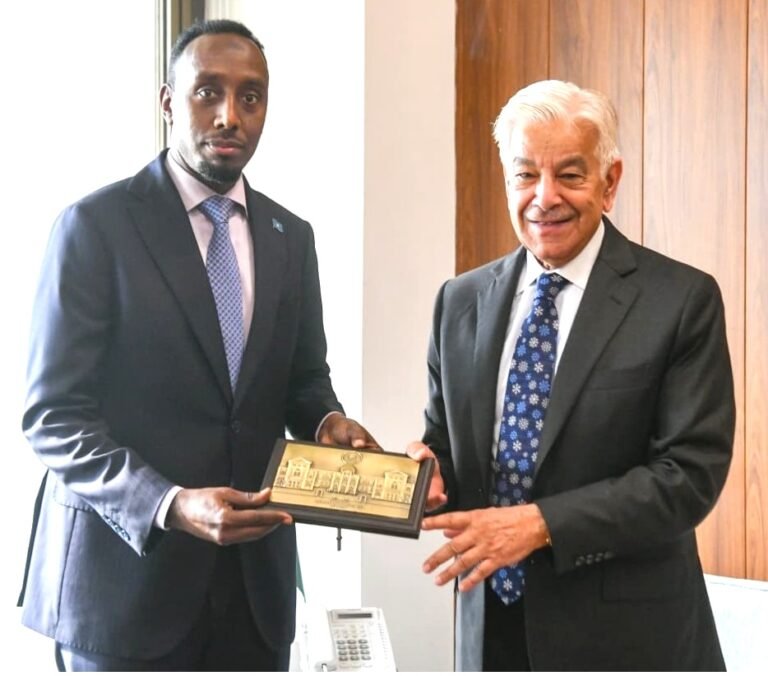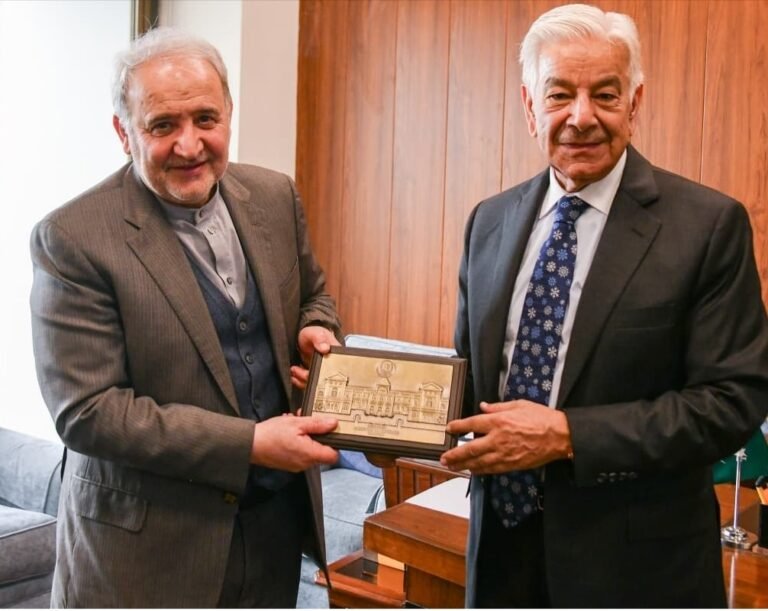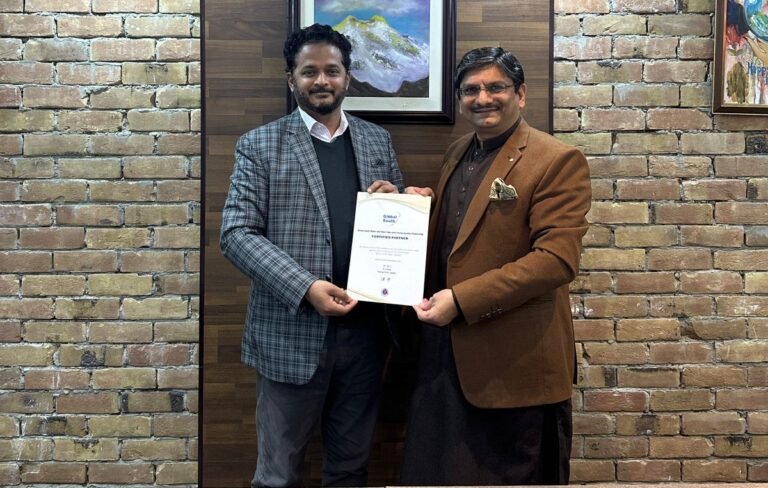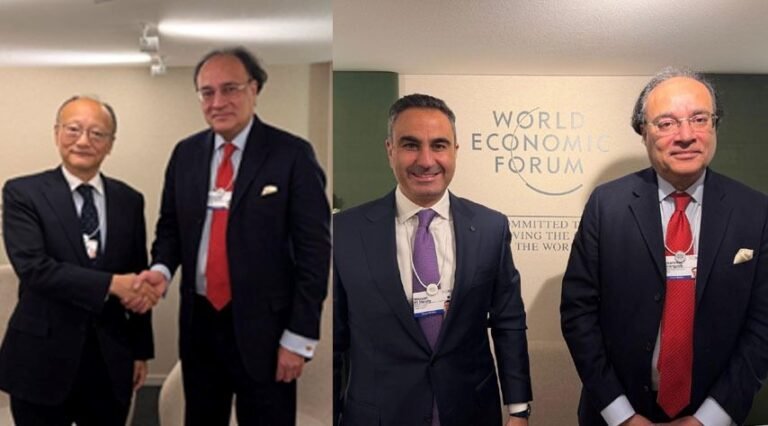Europe, 6 January 2022 (TDI): Yet another endeavour taken by Inger Anderson, the Executive Director of the United Nations Environment Program (UNEP) to walk towards a greater sustainable and healthy future. This endeavour took place in the EU Agricultural Outlook Conference, where she talked about greater healthier diets to create greater sustainable lifestyles for people.
Agriculture is a major driver of #nature loss. But it doesn’t have to be this way. We need:
🍏Sustainable and diverse diets
🥘Less food waste, loss
🌳To protect, restore more land
👩🏽🌾More nature-friendly farming #ForNaturehttps://t.co/PDtTAUtjRr— Inger Andersen (@andersen_inger) January 6, 2022
She commenced her speech thanking the organizations of the event which consisted of representatives in a senior position in the EU, along with farmers, rural actors as well as agricultural experts and within the field.
Objectives of the Conference
The main aim of the conference was to discuss better systems for agri-foods, this was in line with the “Fit for 2030” in light of the uncertainty surrounding markets in agriculture due to COVID19. To conclude an important discussion on the level of sustainability of the agricultural sector at the time of such future pandemics.
In a speech by the executive director, she highlights that there is a growing culture within the world today to consume products that are incredibly unhealthy, specifically highlighting the use of processed foods. This continuous way humanity’s consumption of food is affecting the production process is leading to an increase in planetary crisis and lowering the biodiversity leading to an increase in the level of pollution along with the waste.
Statistics already show as she pointed out, that humanity has changed 75% of the terrestrial habitats within the world. Along with 2/3rds of the oceans when it comes to the provision of fibre, food and feed. She emphasized a need for a change in the environment so that there can be the production of food in equitable and sustainable means.
The production and consumption patterns are already resulting in drastic effects in the European Union as well as other regions of the world.
How current food systems are leading to loss of nature
According to the statistics, an increase in agriculture results in a loss of terrestrial biodiversity which amounts to 70%. This loss will increase zoonotic diseases such as the current pandemic.
Such biodiversity within fisheries along with agriculture was a significant issue. There are several animals species widely consumed which is placing food systems at vulnerability to an increasing number of pathogens, pests. Whereas, climate change, is also affecting food security globally.
She emphasized there was an essential need to keep the global temperatures from increasing beyond 1.5 degrees. Because if not it will directly result in affecting climate change and food securities around the world.
The soils are degrading around the world as a result of pollution. Moreover, the consumption of meat has skyrocketed to 260% within the previous 50 years. This resulted in many casualties to the ecosystems as greenhouse gases are a by-product of this action.
Furthermore, they result in the creation of dead zones within the oceans. The increase in anti-microbials results in depreciating the health of humans and animals.
The EU-Green Deal can assist us in fighting this issue
This deal focuses primarily on creating a sustainable green environment, in a way that biodiversity can be preserved as well landscapes. Many new ideas were proposed as a result of this deal. For Instance, the innovative soil strategies to reduce greenhouse gases, by 55% by the year 2030. 1/3rd of 1.8 trillion Euros has been invested into this project to save the ecosystems.

This initiative aspires to increase plant-based diets which can result in a long and healthy life. An increase in dialogue such as the Food Systems Summit will help in integrating healthy habits further.
She highlights that the restoring of land by 15%, may help in saving the extinction of 60% of the estimated animals. This is one of the main priorities of the Ecosystem restoration of the UN Decade.
It is achievable if there is a decrease in the inputs that are highly polluting nature. The introduction of polyculture farming can also be helpful along with positive supply chains.
A Step Forward
In cooperation with the innovative Common Agricultural Policy (CAP) proposed by the EU. Inger Anderson is hoping that the EU can help the agricultural industry. While an estimated 540 billion US dollars annually, can bring a positive sustainable outlook on the upcoming future. The amount to be set on how much support the farmers may receive. It is estimated that 40% of the budget introduced by CAP is going to be allocated to the farmers directly.
The subsidies will be supporting agricultural practices that will perform their activities in an eco-friendly manner. Thus, increasing various crop rotations. The statistics introduced by the Food and Land Use Coalition provide evidence that such actions can result in 15% investment returns and open more business opportunities. This could total 4.5 trillion US dollars internationally by the year 2030.
During her speech, she highlighted the alarming fact that only 8 harvests were remaining until the year 2030. She commended the role of the EU members as global leaders for taking lead on sustainable governance and policies.
She concluded by saying CAP should use the policy wisely, making nutritious food equitable and available at low prices.







